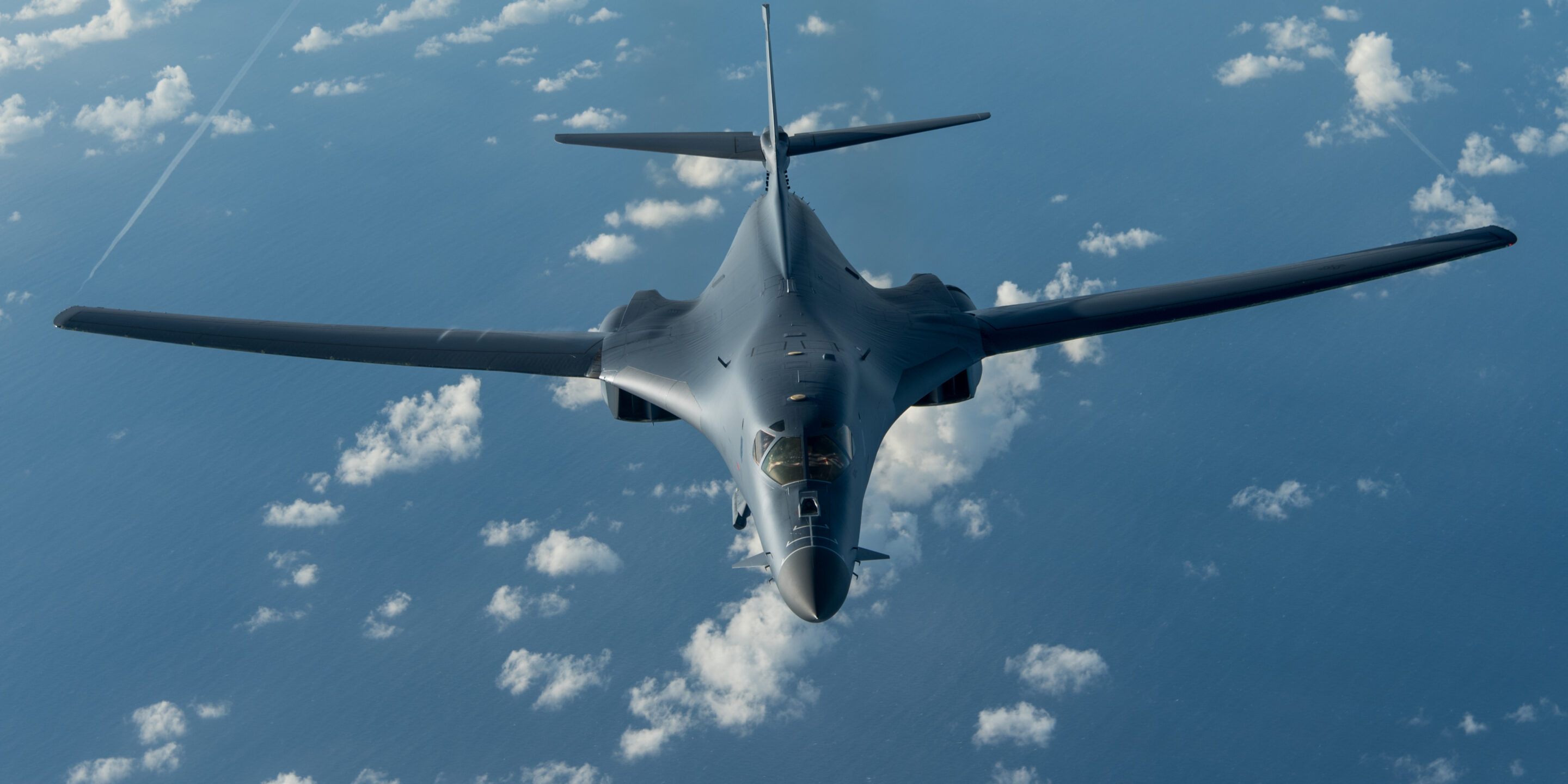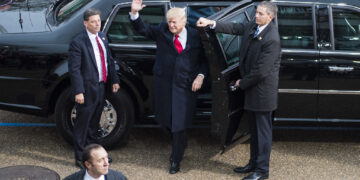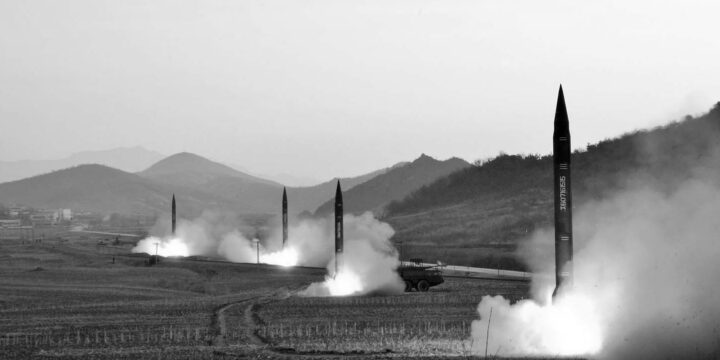August 19, 2024
Whether Trump or Harris is president, there isn’t much hope on North Korea policy

The Korean Peninsula, arguably the most heavily militarized region of the world, hasn’t seen full-scale conflict since July 27, 1953, when an armistice agreement stopped a three-year war that claimed the lives of millions (including more than 36,000 Americans). But the absence of war doesn’t necessarily translate into peace. With a third-generation dictator in Kim Jong Un on one side and a brash conservative South Korean president in Yoon Suk Yeol on the other, decent inter-Korean relations don’t stand a chance for the foreseeable future.
It certainly never had a chance this year, which started off with Kim announcing that South Korea will now be referred to as North Korean’s “principal enemy.” Sure, such a designation isn’t exactly surprising given the seven decades of animosity between Pyongyang and Seoul. But it was significant because it demonstrated that North Korea had no intention of offering even minor concessions for the sake of a better relationship. Kim’s declaration on New Year’s Day that reunification was no longer on Pyongyang’s docket was even more important, for it overturned a decades-long North Korea policy that Kim’s father and grandfather long advocated for.
Yoon Suk Yeol, hawkish on North Korea issues, wasn’t about to extend olive branches either. Rather than beg for a summit meeting like his predecessor, Moon Jae-in, Yoon essentially wrote of dialogue with Pyongyang as a waste of time. In its place, the Yoon government focused on deterrence and defense—deepening its trilateral military relationship with the United States and Japan, creating its own strategic command to respond to a hypothetical North Korean attack, and confronting North Korean military drills with military drills of its own. Talk about South Korea acquiring an independent nuclear deterrent, once a fringe topic, is now well within the mainstream. Instead of finding diplomatic ways to communicate, the two Koreas are menacing each other with Cold War-style psychological warfare; Pyongyang had sent more than 3,600 balloons filled with rubbish into the South, and Seoul is re-broadcasting K-Pop songs from loudspeakers along the Demilitarized Zone (DMZ).
The situation is quite bad on the Korean Peninsula, and it isn’t getting any better. Perhaps this is why Yoon devoted a good chunk of his recent speech marking the 79th anniversary of Korea’s liberation to righting the ship of inter-Korean relations. Is Yoon slowly coming around to a new position? And if so, would Kim be open to re-examining his own?
Author

Daniel
DePetris
Fellow
More on Asia

December 17, 2024

Featuring Lyle Goldstein
December 15, 2024
Featuring Jennifer Kavanagh
December 11, 2024

December 5, 2024

Featuring Jennifer Kavanagh
December 5, 2024


